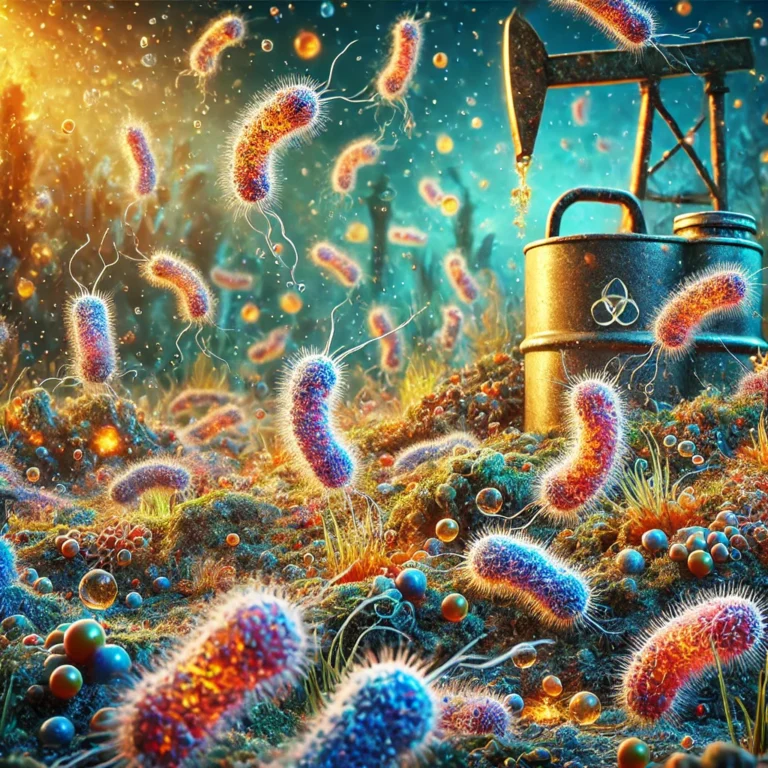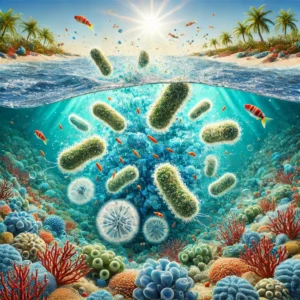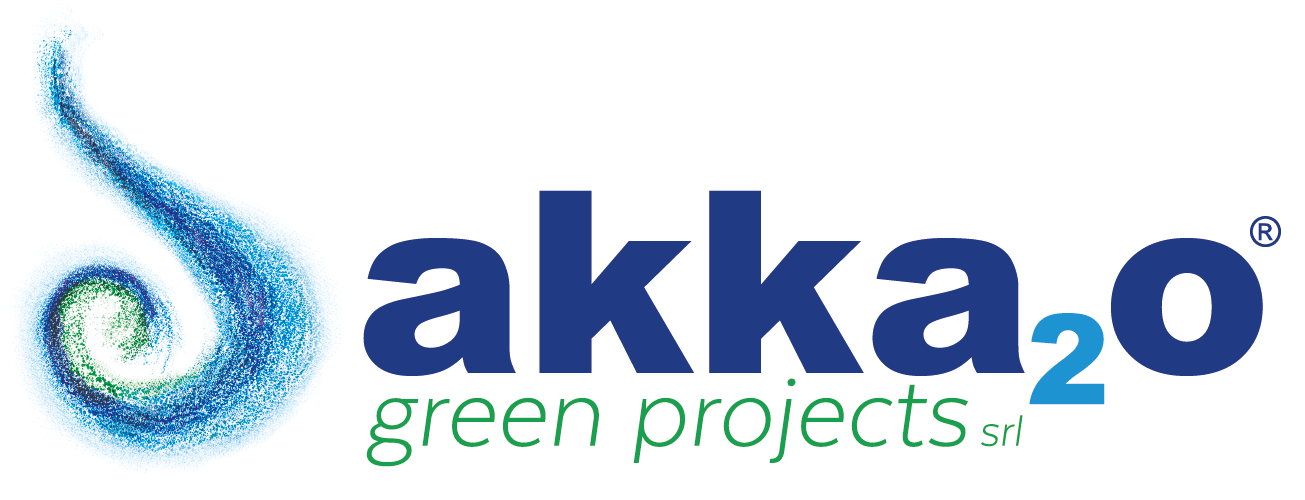

For millions of years, oil has been a part of life on Earth. Fortunately, nature has developed mechanisms to degrade it. Certain microorganisms possess the ability to decompose hydrocarbons by metabolizing these molecules and converting them into harmless basic compounds that pose no risk to the ecosystem. This natural process helps mitigate the impact of hydrocarbon leaks that occur in different environments.
In some cases, bioremediation is more difficult due to the scarcity of suitable indigenous microorganisms. Therefore, appropriate inoculation of hydrocarbon degradation-oriented bacteria is necessary.
Morphus®: a natural solution for hydrocarbon degradation
- Efficient and Ecological: Morphus®biochemically degrades hydrocarbon residues, transforming them into water (H₂O), carbon dioxide (CO₂), and other harmless compounds. This natural bioremediation process efficiently removes hydrocarbons without generating waste, emissions or harmful by-products. Unlike traditional methods that require extraction and transport of contaminated material, Morphus®operates in situ, treating contamination directly at the source, reducing costs and minimizing environmental impact.

- Biodegradable and sustainable: Morphus®preparation ensures the complete and irreversible decomposition of hydrocarbons and their derivatives. By breaking down contaminants into harmless organic compounds, it is an environmentally friendly alternative to chemical and mechanical remediation methods.
- Safe and non-toxic: Composed of natural, non-genetically modified microorganisms, Morphus meets strict biosafety standards. These saprophytic organisms do not form spores, establish symbiosis or parasitic behavior. They are nontoxic to plankton, marine and freshwater fauna, flora and humans, making Morphus a safe and sustainable solution.

